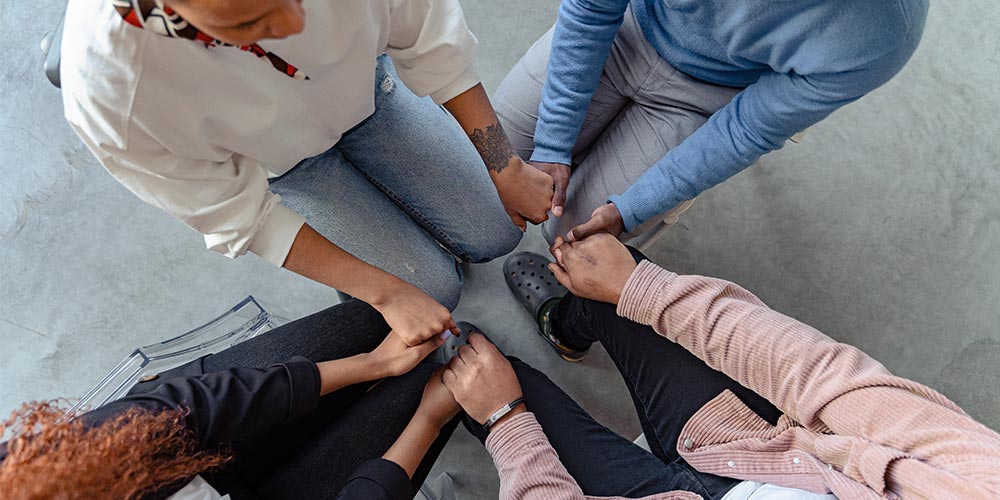Overcoming addiction is a deeply personal journey that often involves exploring a range of treatment options. One such option is Xanax treatment, which may play a role in managing certain aspects of the recovery process. If you or someone you care about is facing addiction, gaining insight into how Xanax treatment works can be an important step forward.
In this article, we’ll delve into what Xanax treatment entails, explore its potential benefits, and highlight key considerations to keep in mind before including it in a recovery plan.
Addiction affects people from all walks of life and presents unique challenges along the way. Thankfully, ongoing medical and psychological advancements have paved the way for a variety of treatment approaches aimed at helping individuals reclaim their lives from addiction.






